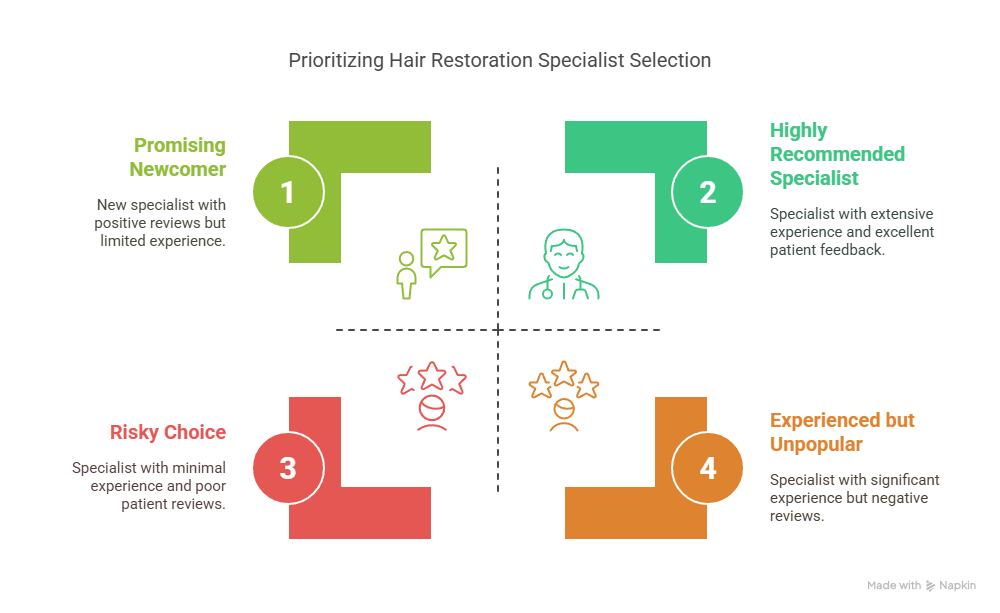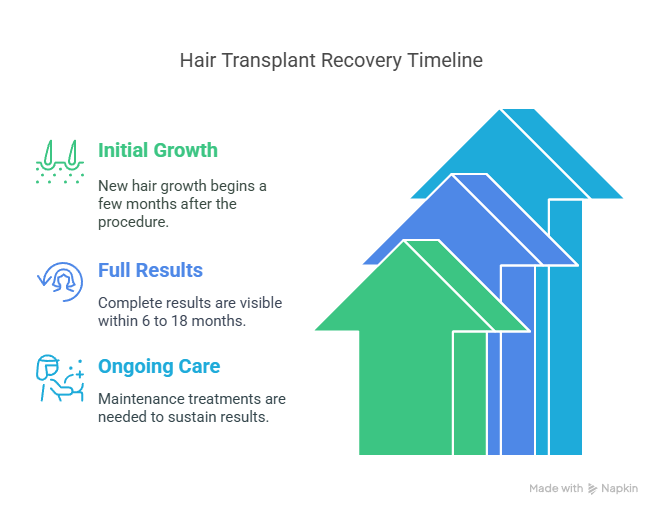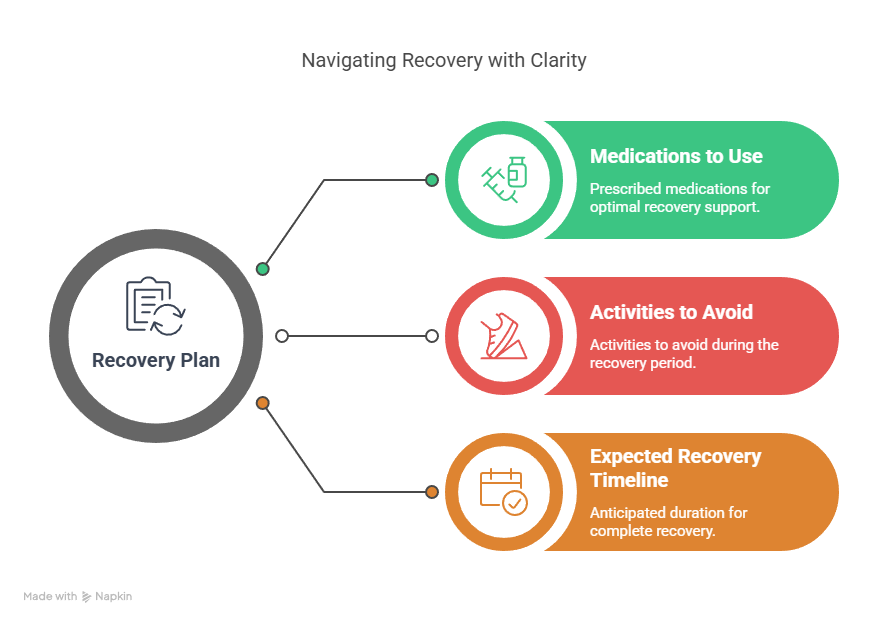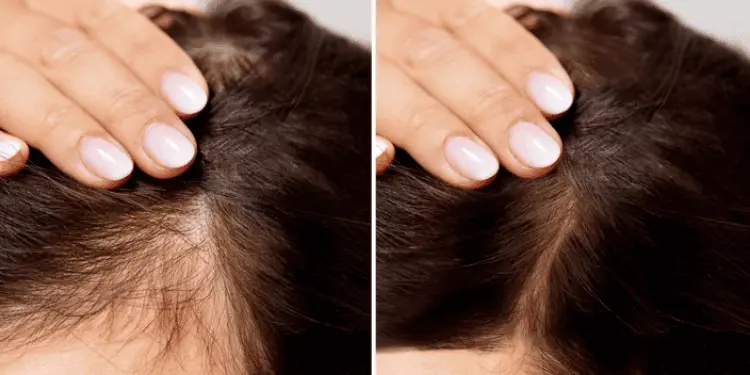If you’re dealing with hair loss, finding the right hair restoration specialists can be a game changer. Whether you’re a man or a woman, the options can feel overwhelming. This guide will help you understand what to look for in a specialist, the treatments available, and how to get the best results. Plus, we’ll cover important questions to ask during your consultations and what you can expect in terms of cost and technology. Let’s get started!

Key Takeaways
- Look for specialists with proven experience and positive patient reviews.
- Understand the different hair restoration treatments available to find what suits you best.
- Make sure to prepare questions for your consultation to ensure you pick the right specialist.
What to Look for in a Qualified Hair Restoration Specialist
Finding the right hair restoration expert can feel like a daunting task. You want someone who not only understands the science behind hair loss but also possesses the artistry to deliver natural-looking results. It’s more than just a medical procedure; it’s about restoring confidence and self-image. So, where do you start?
First, consider their credentials. Are they board-certified? Do they have specific training and experience in hair restoration? These are important indicators of their skill and knowledge. Don’t hesitate to ask about their education, certifications, and any specialized training they’ve undergone. For example, when choosing a hair specialist in Atlanta, consider doctors who are members of the International Society of Hair Restoration Surgery (ISHRS).
Next, take a look at their experience. How many years of experience do they have with hair restoration procedures? What types of procedures do they specialize in? An experienced specialist typically has a portfolio of before-and-after photos to highlight their results. It will give you an insight into their aesthetic approach and the results you can expect. It’s also a good idea to read reviews and testimonials from other patients to get an idea of their overall satisfaction with the specialist’s services.
Finally, consider their approach to patient care. Do they take the time to listen to your concerns and answer your questions? Do they offer a personalized treatment plan tailored to your specific needs and goals?A skilled professional will work with you to craft a plan that suits your specific condition and desired outcomes. They should clearly explain the risks and benefits of each procedure, helping you make an informed treatment decision.
Choosing a hair restoration specialist is a big decision. Take your time, do your research, and don’t be afraid to ask questions. The right specialist will not only have the skills and experience to deliver great results but also the compassion and understanding to make you feel comfortable and confident throughout the process.
Top Hair Restoration Treatments Offered by Specialists
When you’re looking into fixing hair thinning, it’s good to know what options are out there. A hair loss treatment specialist can walk you through these, but here’s a rundown of some common treatments:
- Hair Transplant: Hair follicles are moved from areas of high density to those with noticeable thinning. It’s a surgical option, but can give pretty natural-looking results.
- Medications: Used to treat hair loss, minoxidil and finasteride can sometimes help regrow hair, typically available as topical treatments or oral medications.
- Laser Therapy: Low-level laser therapy is believed to activate hair follicles and encourage growth. It’s non-invasive, but you’ll need to do it regularly.
- Platelet-Rich Plasma (PRP): The treatment involves injecting platelet-rich plasma into your scalp to activate hair growth. It’s becoming more popular, but it might take a few sessions to see results.
It’s important to remember that not all treatments work for everyone. What works for one person might not work for another. A good hair loss specialist doctor will assess your specific situation and recommend the best course of action.
- Microneedling: Tiny needles are used to make micro-injuries on the scalp, which can trigger hair growth. It’s often combined with other treatments like PRP.
- Topical Solutions: Targeted shampoos and conditioners may support scalp and hair health, possibly contributing to the reduction of hair loss.
- Scalp Injections: Corticosteroid injections are commonly used to address types of hair loss like alopecia areata.
It’s also worth noting that some specialists offer treatments like eyebrow restoration and beard transplants, which use similar techniques to hair transplants. If you’re a hair loss specialist for women, you’ll want to consider that women’s hair loss patterns can be different from men’s, so the treatment approach might need to be adjusted.
Before and After: What Results Can You Expect?
It’s natural to wonder what your hair will look like after undergoing restoration. Results may differ greatly depending on the procedure used, your unique hair traits, and the expertise of the specialist. Let’s get into what you can realistically anticipate.
One of the most important things to remember is that patience is key. Hair growth is a gradual process, and it takes time to see the full effects of any hair restoration treatment. Don’t expect overnight miracles; instead, focus on the long-term potential.

Managing expectations is important. While it can boost density and overall appearance, hair restoration may not fully recover the hair you once had. The goal is to achieve a natural-looking and age-appropriate result that enhances your overall appearance.
- Initial Growth: You might start seeing new hair growth a few months after the procedure.
- Full Results: It can take anywhere from 6 to 18 months to see the full results of a hair transplant.
- Ongoing Care: Maintaining the results often requires ongoing care, such as medication or laser therapy.
Realistic expectations are important for satisfaction with the procedure.
It’s also important to consider that results can be influenced by factors such as your age, the extent of your hair loss, and your overall health. Consulting with an experienced specialist can offer a tailored assessment of what you might expect. For example, someone who had a FUT after surgery may have a different experience than someone who had a non-surgical treatment.
It’s also important to follow aftercare instructions carefully to ensure the best possible outcome.
Questions to Ask During Your Hair Restoration Consultation
Before undergoing any hair restoration procedure, a thorough consultation with a specialist is essential. This step lets you clarify details, raise any issues, and confirm that your decision is based on accurate information. Consider asking the following important questions during your consultation:
Can you help identify the primary cause of my hair loss?
It’s important to understand what’s driving your hair loss before choosing a solution. Is it genetic, hormonal, or due to other factors like stress or medication? A proper diagnosis will guide the most effective treatment plan. The doctor should conduct a thorough examination and may order tests to determine the underlying cause.
Am I a good candidate for hair restoration, and why?
Some procedures may not be appropriate for every candidate. Key factors like how much hair you’ve lost, the condition of your donor hair, and your general health affect suitability. Ask the specialist to explain why you are or are not a good candidate for the hair transplant options they offer. They should be transparent about the potential outcomes and limitations.
Are there any complications or safety concerns I should consider?
All medical treatments involve potential risks to some extent. It’s important to be aware of the potential complications, such as infection, scarring, or poor hair growth. Ask the specialist to outline these risks and explain how they minimize them. Also, inquire about what steps will be taken to address any complications should they arise.
What results can I realistically expect, and how long will it take to see them?
Managing expectations is key to satisfaction. The effectiveness of hair restoration varies depending on the individual’s circumstances. You should receive a realistic outlook on hair density, coverage, and overall look from the specialist. Be sure to ask about the timeline for seeing results, as it can take several months for new hair to grow.
What is the specialist’s experience and qualifications?
Inquire about the specialist’s training, experience, and credentials. How many years have they been providing hair restoration services? Are they board-certified in a relevant specialty? Do they have before-and-after photos of their previous patients? An experienced and qualified specialist will have a history of successful results.
What is the total cost of the procedure, and what does it include?
Get a clear and detailed breakdown of the total cost, including all fees for the procedure, anesthesia, and follow-up appointments. Check with the specialist about the payment options and if financing is available. Watch out for specialists offering significantly lower prices, as this may reflect a lack of expertise or subpar quality.
By asking these questions, you can make a well-informed choice about whether hair restoration is suitable for you and which specialist is best for your needs. Don’t forget that a consultation is your chance to engage, so ask anything that’s on your mind.

What kind of aftercare is required?
Proper aftercare is crucial for optimal results. A qualified specialist will provide you with detailed aftercare instructions for your scalp and newly implanted hair. Ask about any medications or special products you will need to use, as well as any activities you should avoid. Scheduling follow-up appointments is key to tracking your recovery and resolving any concerns you may have.
- Medications to use
- Activities to avoid
- Expected recovery timeline
Finding the Best Hair Restoration Specialists Near You
Finding the right hair restoration specialist can feel like a daunting task. It’s not just about choosing someone close to you; it’s about finding a qualified, experienced professional who understands your unique needs. Here’s how to approach your search:
- Start with Online Research: Use search engines to look for specialists in your area. Read reviews on sites like Healthgrades, Vitals, and RealSelf. Pay attention to both the positive and negative feedback to get a balanced view.
- Check Credentials and Certifications: Ensure the specialist is board-certified in dermatology or plastic surgery with specific training and experience in hair restoration. Board certification indicates a certain level of expertise and adherence to professional standards.
- Ask for Referrals: Consider talking to your primary care doctor, dermatologist, or friends who have had hair restoration to get insights. Personal recommendations can be incredibly valuable.
It’s important to remember that hair restoration is a medical procedure, and you should treat your search with the same diligence you would when choosing any other medical professional.
Consider a Virtual Consultation: You can often schedule a virtual consultation with many specialists, making it easier to gauge their approach and determine if they’re the right fit for you. This can also help you narrow down your options.
Choosing the best hair restoration specialist depends on your unique needs and personal preferences. Take your time, do your research, and don’t be afraid to ask questions. If you are in need of hair transplant techniques in Oklahoma City, make sure to do your research.
Cost of Hair Restoration: What Specialists Typically Charge
It’s tricky to pin down the exact cost of hair restoration because it changes so much. What you end up paying depends on a bunch of things. Think about the type of procedure you’re getting, how much hair you’ve lost, and even where you live. Clinics in big cities? Yeah, they often charge more.
- Procedure Type: Different procedures have different costs.
- Extent of Hair Loss: More extensive hair loss typically requires more grafts, increasing the overall cost.
- Geographic Location: Hair restoration costs often vary depending on the geographic location of the clinic.
Generally, you’re looking at a few thousand dollars at least. But let’s break down some of the factors that influence the final price tag. It’s good to know what you’re getting into before you schedule your consultation.
It’s important to remember that the cheapest option isn’t always the best. You want a skilled specialist who knows what they’re doing. Spending slightly more for high-quality care can prevent problems and save you money down the road.
One thing to consider is that some clinics offer financing options. Don’t be afraid to ask about those. It can make the whole process a lot more manageable. Also, keep in mind that the initial consultation might have a fee, but it’s usually worth it to get a personalized assessment and understand your options. Hair restoration is a big decision, so take your time and do your research.
Technology and Tools Used by Today’s Top Hair Specialists
The field of hair restoration has changed a lot because of new tech. Specialists now use advanced tools to get better results for their patients. It’s not just about surgery anymore; it’s about precision and care.
- Robotic Hair Transplantation: Robotic hair transplantation options is a big deal. Robots like ARTAS help doctors harvest hair follicles with great accuracy. This means less damage to the scalp and better-looking results.
- Laser Therapy: Low-level laser therapy (LLLT) uses light to stimulate hair follicles. It can help with hair growth and reduce inflammation. Many clinics use laser caps or in-office treatments.
- Digital Imaging and Planning: Before any procedure, specialists use digital imaging to plan the transplant. This helps them design a natural-looking hairline and predict the outcome.
- Microneedling: This technique involves tiny needles to create micro-injuries on the scalp, promoting collagen production and improving the effectiveness of other treatments like topical medications.
The use of technology in hair restoration isn’t just about fancy gadgets. It’s about improving the patient experience and getting the best possible results. Specialists who stay up-to-date with these advancements can offer more effective and less invasive treatments.
Here’s a quick look at some common technologies:
| Technology | Description . The ARTAS system, for example, uses a robotic arm to harvest hair follicles with great precision. By reducing the risk of scalp damage, this procedure improves the quality of the transplant. Also, things like digital imaging help plan out the procedure. This means doctors can design a natural-looking hairline and predict the results before even starting. It’s pretty cool stuff.
Final Thoughts on Hair Restoration Specialists
Choosing the right hair restoration specialist is a big deal, whether you’re a man or a woman. You should choose a specialist who has the skills and can offer effective help. From clinics in New York to those in Florida, there are plenty of options out there. Just remember to do your homework. Look for reviews, check out before-and-after photos, and don’t be afraid to ask questions. It’s all about finding a place that makes you feel comfortable and confident in their care. Hair restoration can be a game-changer, so take your time and find the right fit for you.
Frequently Asked Questions
What should I consider when choosing a hair restoration specialist?
Look for a specialist with experience, good reviews, and board certification. It’s also important that they offer a variety of treatment options.
How much time does it take before you begin to see results from hair restoration procedures?
Although results differ from person to person, many begin to see changes within a few months, with full results taking up to a year.
Are hair restoration treatments painful?
Most treatments are not painful, especially with local anesthesia. However, some discomfort can happen, and your specialist will help manage it.
If you have any additional questions or if you would like to see if our hair restoration solutions are right for you, please contact us at Waters Edge Medical Clinic. 727-550-0855.

